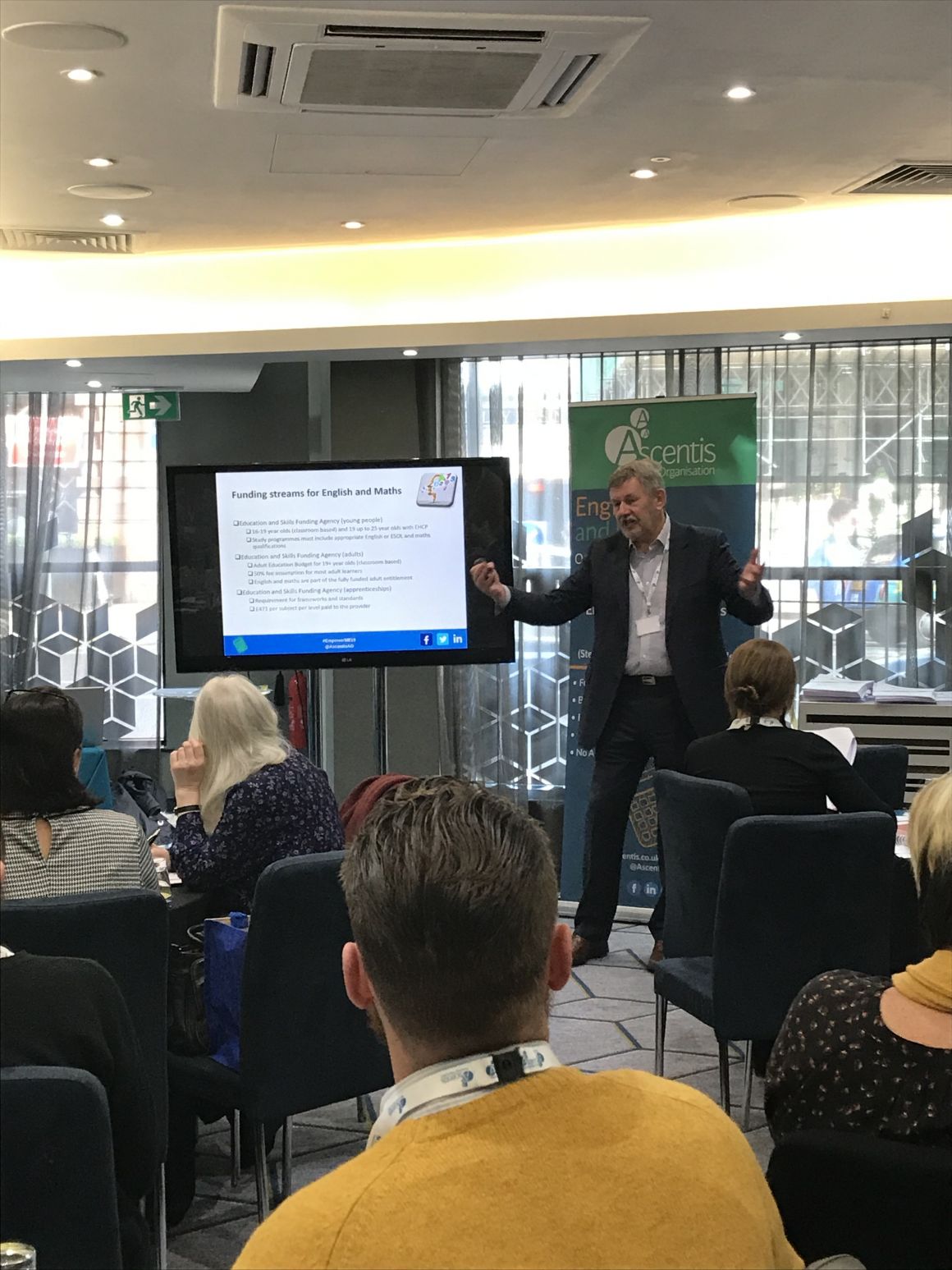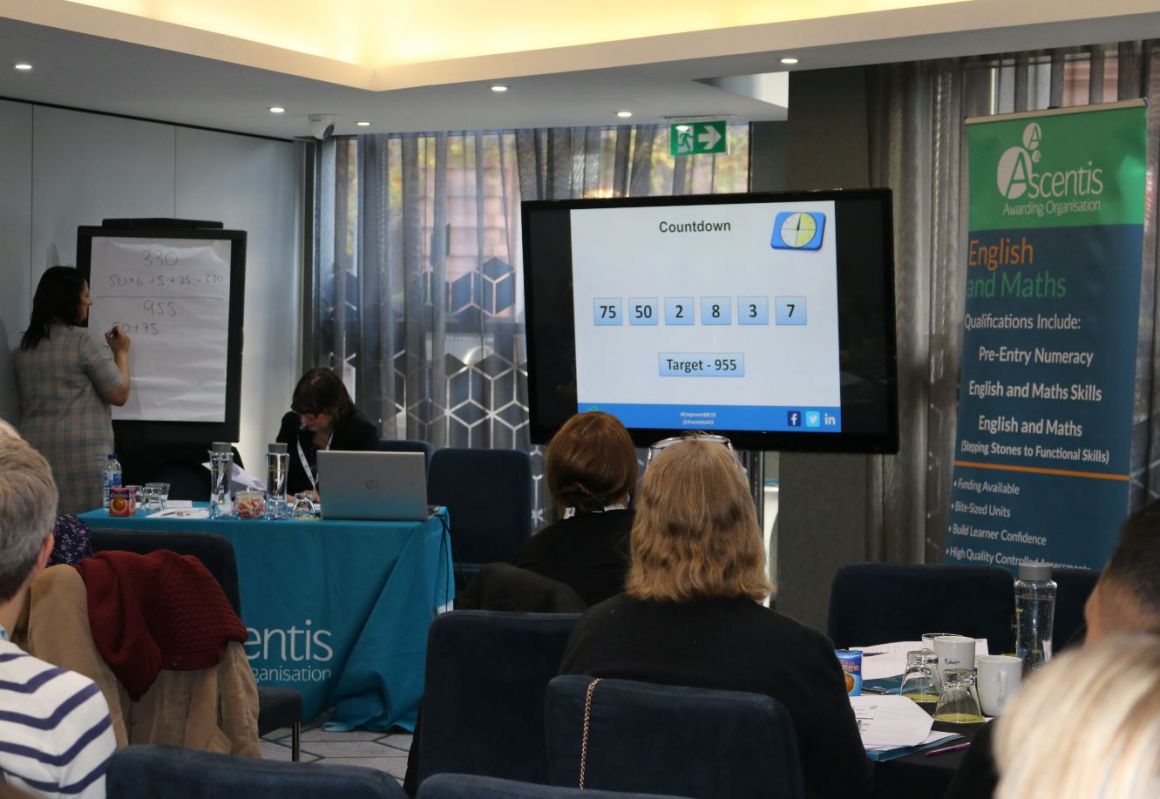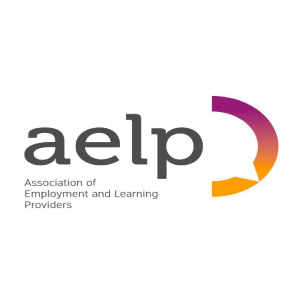
How do you empower learners to succeed in English and Maths?
2019 has been a big year for English and maths provision in the UK and a steep learning curve for FE providers with the Functional Skills reform coming into effect. So at Ascentis we held a series of conferences to find out what’s changed, the impact it’s had on FE and how to engage learners in English and maths.
Here is what we learnt…
Creating Study Programmes that fit the Learner
It’s a common misconception that there’s a restriction on the number of funded hours for core subjects. Actually you can distribute learning to how best fits the individual needs of the learner as long as the full study programme is no more than 600 funded hours.
Purposeful Curriculum
A new element of the Education Inspection Framework is that Inspectors will now consider how leaders and teachers develop or take on a purposeful curriculum, that provides progression and stretch, as well as English and maths for all learners – including those without GCSE legacy grades A* to C (reformed grades 9 to 4) and, where relevant, work experience or industry placements and non-qualification activities. The focus is now much more on the learner; how teaching, learning and assessments allow learners to build a portfolio of skills, including from English and maths, which not only improve their progression routes in line with their career aims but also develop their personal, social and employability skills.
In terms of English and maths don’t undervalue the importance of one-to-one support and giving additional lessons to those who need them, as previously Inspectors found there wasn’t enough of this.
Alternative Ways of teaching English and Maths
Engaging learners is the difficult part of teaching English and maths. Try mapping English and maths lessons to job tasks and creating scenarios relatable to the learner. Also consider delivering some lessons in different environments relevant to the learner – for example, teach hair and beauty students in the salon.

New Level 3 Maths and English Payment Coming Soon
For 2020/2021 there will be a new funding stream, which consists of £35 million to support students on level 3 courses who do not yet have a GCSE maths and English grade 9 to 4 or equivalent, so they can re-sit their exams in these critical subjects.
Eligible students will attract:
- a single £750 payment per subject if they are studying a 2 year programme; or
- a single £375 payment per subject if they are studying a 1 year programme

Confidence Building in Lessons
Learners have a tendency to focus on the things they can’t do and their weaknesses in English and maths. In Manchester we heard from Karen Whitehouse of the Trafford College Group, who said that in her experience of teaching maths 50% of the challenge is persuading them they can do it. As a result it is important that English and maths programmes generate confidence. The Trafford College Group achieve this through the Ascentis English and Maths Skills, which break down the subjects into bite-sized chunks. These qualifications allow students to develop skills in topics where they have gaps in their learning and can be used to highlight learners’ strengths and build confidence. Ascentis also offer English and Maths Stepping Stones to Functional Skills which can be used to stretch and challenge, as well as preparing learners for the newly reformed Functional Skills.
Overall it’s vital that study programmes are meaningful and ensure that learners improve their level of skills in English and maths compared with their starting point, and are engaged and motivated to learn these subjects.


Back by Popular Demand
Due to your requests for more the English and Maths Conference will return to London on Friday 5th June 2020 with a focus on Inspiring Learner Conference in English and Maths.
Click here to book a place on the English and Maths Conference 2020
















